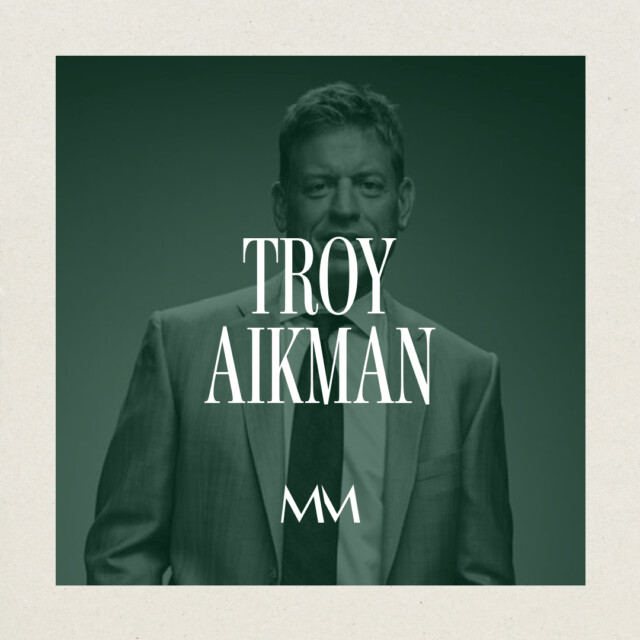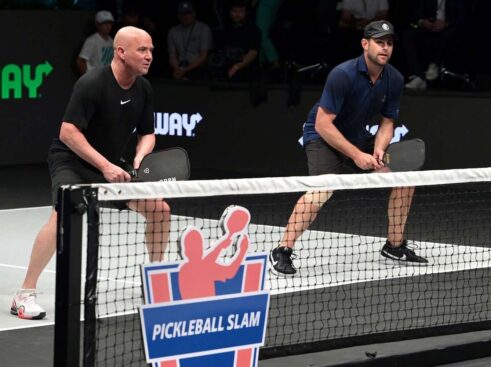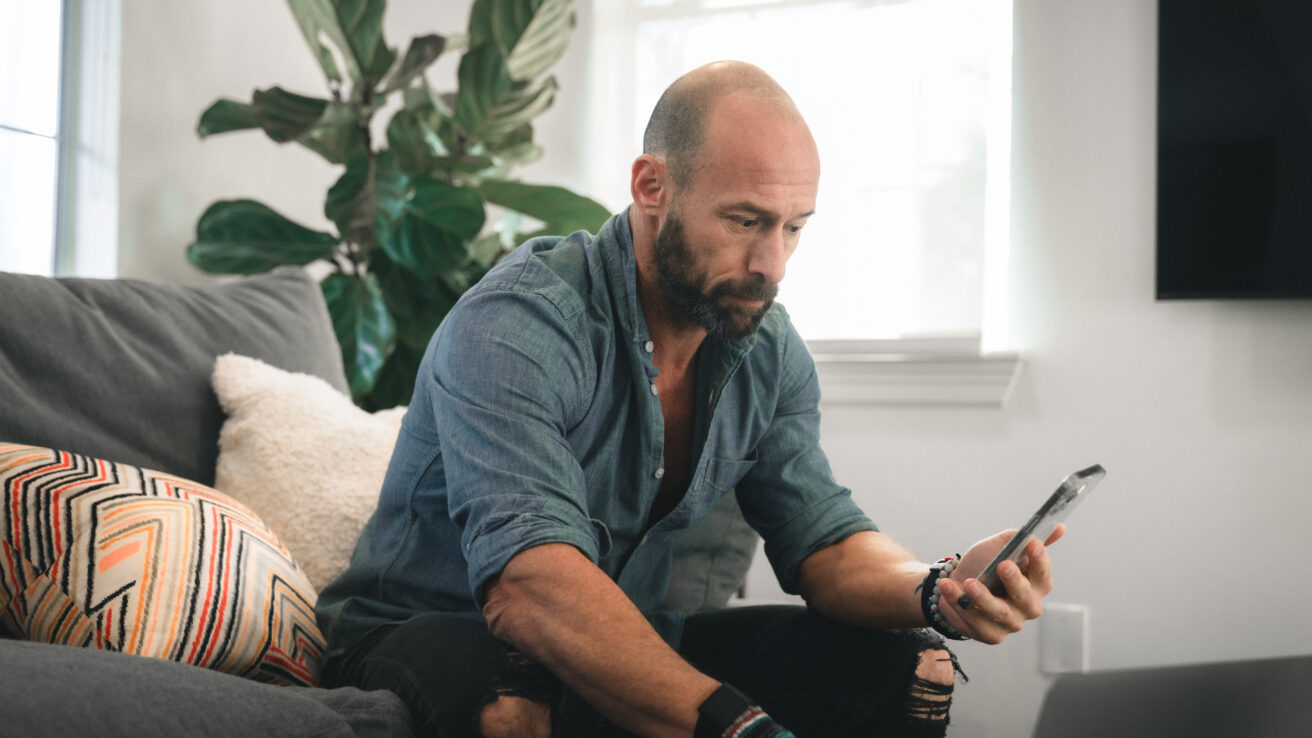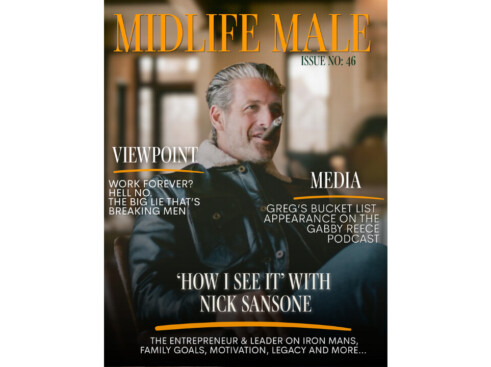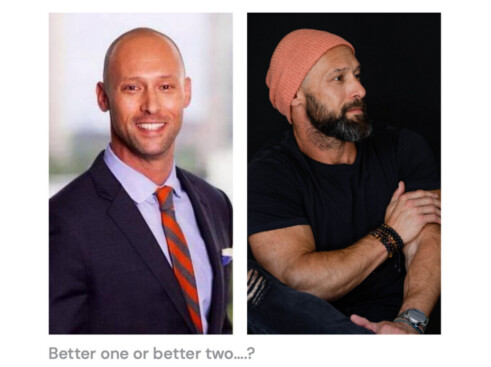The Judge: He makes a ruling on the midlife male’s tough questions
How do you have hard conversations? I keep hearing people say, “don’t be afraid to have hard conversations,” but how? How do you get better?
There’s a lawyer who’s notoriously known for injecting testimony into his questions, like, “Mr. Brown, you had a knife in your hand with the intention of harming the store owner. What were you doing in the store?”
“Objection, testifying.”
“Sustained.”
“I’ll rephrase the question, your honor.”
My friend, I suggest that you reframe the question.
Maybe you shouldn’t be asking how to have hard conversations, but rather if you even need to have them.
The way I see it, we’re falling into a trap where everybody says we need to talk it through, make everyone feel good, and just lend an empathetic ear. But you know what? Too many people are so damn stubborn that it doesn’t matter how long you talk it out; you’re not going to change that joker’s mind. So why even bother? We all spend too much energy on junk that doesn’t matter, rather than directing our juice to the things that do. So first ask yourself: Is this even a hard conversation I need to have? Will it change anything? Will it make my—or their—life any better? If not, move the hell on.
Do that and it clears up space to have difficult conversations you need to have.
So think about this issue in three tiers:
- Maybe the things that are gnawing at you—with your boss, with your mother—won’t make a damn bit of a difference if you talk or not. So even if you want changes, tap out if the other person is more difficult to budge than a sleeping moose. This is difficult to do because you’re convinced that you’re right, and you want them to see it. But once you realize you don’t need to talk it all out or try to persuade someone to change, then that’s the real power. You clear your mind to engage in the verbal battles that are worth fighting.
- Okay, when you have one that you’re ready to talk, here’s how. Whenever we tackle something that’s difficult, our testosterone tells us that if we’re going to engage in battle, we want to win. With that comes the emotional intensity that will try to figure out how to come out on top. That’s when the heat turns up, and conversations stray from the actual point to emotional judo. Every hard conversation is deeply personal and emotional, especially if the person on the other end doesn’t like what you need to say. So the best thing you can do is to continually remind yourself that a tough talk is clinical, not emotional. Say what you need to say, evaluate their points, keep your body language in check, and just methodically try to get to a fair conclusion for whatever you’re discussing.
- For a lot of men, the challenge is just starting the conversation in the first place. You know what you want to say, but you fear even initiating the talk because you know it has the potential to be hurtful, be misinterpreted, and be the source of constant angst. The best way to start isn’t with the bullshit “I’ve got something I need to talk to you about,” or the compliment sandwich (here’s my compliment, then I’m going to torch you, before telling you I think you’re still cool). Do this: Start with questions. Learn their side. Listen. Maybe you’ll see things differently, but even if you don’t, you’ve approached a tough talk with maturity.
There’s a time and place for emotional and passionate pleas, and I’m not suggesting you robot your way through life. But I am saying that if you want a favorable verdict on your conflict, then spend your energy making a calm and cool case, not a chaotic one.
